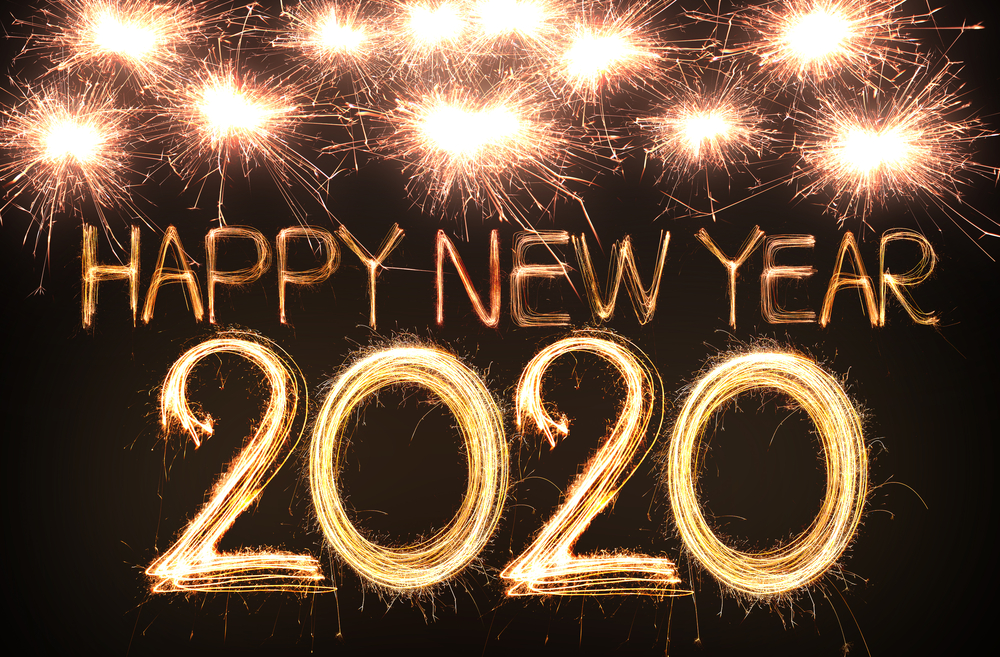
Reese Mann is a senior, and this marks her third year in newspaper. Her favorite part about newspaper is being able to interact with new students around...


January 10, 2020
Why do we make New Year’s resolutions? Some may say because it is a chance to fresh start and accomplish anything we put our mind to, but others would claim that resolutions are made because we are unhappy with our current lifestyle, so and the start of a new year gives us hope for change. There are 365 new chances for us to change our lifestyle or change the world. With each sunrise, we get to write a new story for ourselves, hopefully one we can be proud of.
As with every dream or plan that is set in motion, setbacks arise. Keeping a resolution for one whole year is extremely difficult, especially with those that involve big lifestyle changes. Choosing a resolution that is not attainable will only lead to disappointment and a return to the unhealthy and unhappy state of mind. This is why it is important to choose a resolution that you are willing to work towards and is not extremely difficult to complete. A new year should be a time of change, not a time of failure.
New Year’s resolutions began about 4,000 years ago. The ancient Babylonians are considered to be the first people to have invented resolutions. They made promises to their gods at the beginning of each year that they would return any borrowed objects and pay their debts. The original New Year’s was celebrated in mid-March, while the early Roman calendar chose March 1 as the first day of the year, since their year only contained 10 months. Over time, the date has changed and is now celebrated on Jan. 1.
According to U.S. News & World Report, 80% of New Year’s Resolutions fail by February. Some causes of failure arise from the lack of clarity you have when making goals. If you do not know why you are setting these goals and how they are important to you, then your desire to complete them with fade away in time. Another result of a failed resolution is your reluctance to change. If you are not willing to work hard when it is not always convenient for you, then what is pushing you to make a change? If your resolution is not a top priority, then it is very likely it will fade away with the cold weather.
As we enter a new decade, we have the opportunity to change ourselves and the world for the better. 2020 is the year of perfect vision and, as long as you have your eyes on the prize, the reward will come to those who are willing to work hard.

Reese Mann is a senior, and this marks her third year in newspaper. Her favorite part about newspaper is being able to interact with new students around...